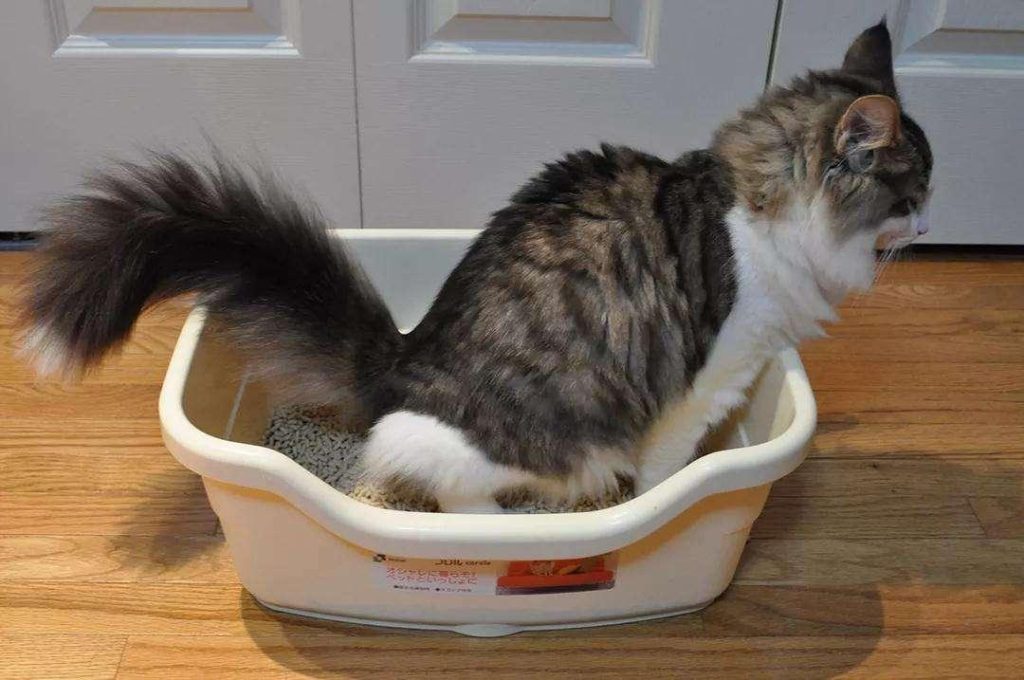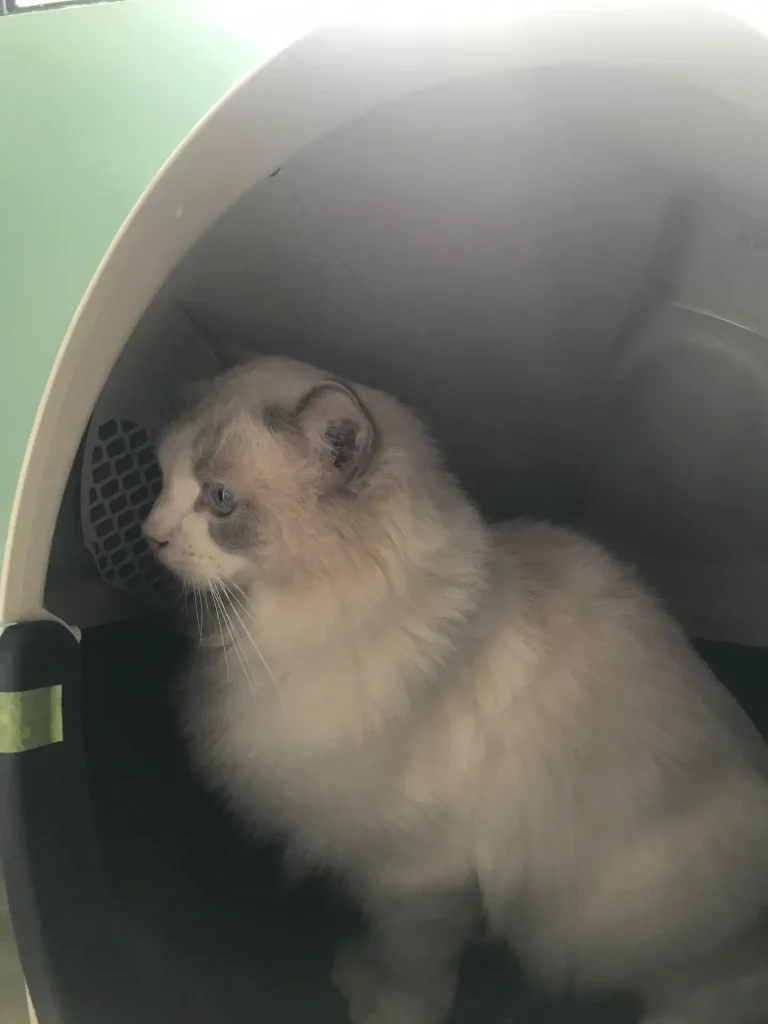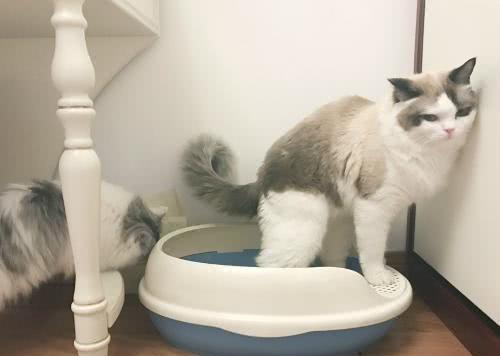In people’s impression, cats have always been small animals that love cleanliness. They will defecate at designated locations and bury their own feces, saving a lot of trouble for the cleaning work of the pooper. However, when cats don’t defecate in the litter box, it can be very troublesome. Cats are carnivores, and the smell of their excrement is unbearable. If a cat refuses to use a litter box, what is the reason for this? What should we do next?
Military education is not a wise move, violence will only make the situation worse, and finding the root cause is the key to solving the problem.

1、 I haven’t received any training since childhood
Cats also need training when using litter boxes. When carrying kittens home, the first thing to do is to let them know the toilet, otherwise they won’t know where to defecate. Cats purchased through legitimate channels should have used litter boxes as children, just familiarize them with the new litter box. Small stray cats that have not used litter boxes need more training from the cat pooper. If cats defecate or urinate on the ground, they should be cleaned up as soon as possible and the smell should be eliminated to avoid cats coming here again next time.
Suggestion: Wrap some of the cat’s urine or feces in a tissue and put it in the litter box. Then clean the area where the cat frequently goes to the bathroom, and use pet specific disinfectant to mop it aside, covering the mark left by the cat’s excrement. Observing a cat, if it suddenly squats in a corner and needs to go to the bathroom, you need to lift the cat into the litter box and repeat the process a few times, and it will know that the litter box is the place to go to the bathroom.
2、 The litter box is too dirty
Cats are very clean animals and spend a lot of time cleaning themselves every day. They won’t get too dirty even if they don’t take a shower for a long time. When the pooper is lazy and doesn’t clean the litter box, the cat owner won’t use the dirty litter box either. They will find another place. And some vengeful cats may even choose to defecate on the bed or clothes of the pooper, which is unbearable. If their cat owner does something bad, what can the pooper do? It’s not necessary to clean the litter box diligently every day.

3、 Cat litter is not suitable
Many cats refuse to use litter boxes because they don’t like litter. Cats are also quite picky about the types of litter, and they don’t use litter with too much dust or litter with poor texture. When selecting cat litter, the pooper needs to pay more attention. It is better to use inferior cat litter for the sake of cheapness, which not only has poor odor removal effect but may also cause harm to the cat’s body.
4、 Diseases of the urinary system
When cats experience discomfort, they are also unwilling to use litter boxes, especially when cats suffer from urinary system diseases. After cats suffer from urinary system diseases, they will feel very painful during the excretion process and therefore refuse to excrete. When scooping cat feces, the pooper should not only clean the litter box, but also observe the cat’s excretion situation. If there are any abnormal phenomena, the poop removal officer can help the cat owner as soon as possible and take the cat to the hospital for examination and treatment, which is better for the cat’s health.
5、 Estrus
Unsterilized male cats often ignore the litter box during their estrus period and leave excrement in various corners or prominent locations of the house, mostly urine. Some male cats even do not pull their poop into the litter box, but openly place it on the floor or bed. This is when it marks its territory, marking excrement containing its own body information and sex hormones within its own territory, used to find partners, and can also intimidate other male cats (or be intimidated by other male cats). This is the nature of cats, and it is important to sterilize them at the appropriate age. After sterilization, it is generally rare for cats to be unwilling to use litter boxes due to estrus.
6、 High psychological pressure
This is more common in cats experiencing anxiety and stress, or in frustrated individuals in multi cat households. If cats are constantly in a state of anxiety and fear, they will prioritize their safety, giving up all recreational activities and unnecessary behaviors, and not taking the time to go to the litter box to use the restroom. If their stress response is severe, they may even experience urinary and fecal incontinence. If the relationship between cats in a multi cat family is not good and there is a phenomenon of suppression, the stronger cats will not allow the weaker cats to use litter boxes. In this case, it is recommended that the cat cleaning officer place more litter boxes, even if the cats often act recklessly, there will always be a loophole to use.
